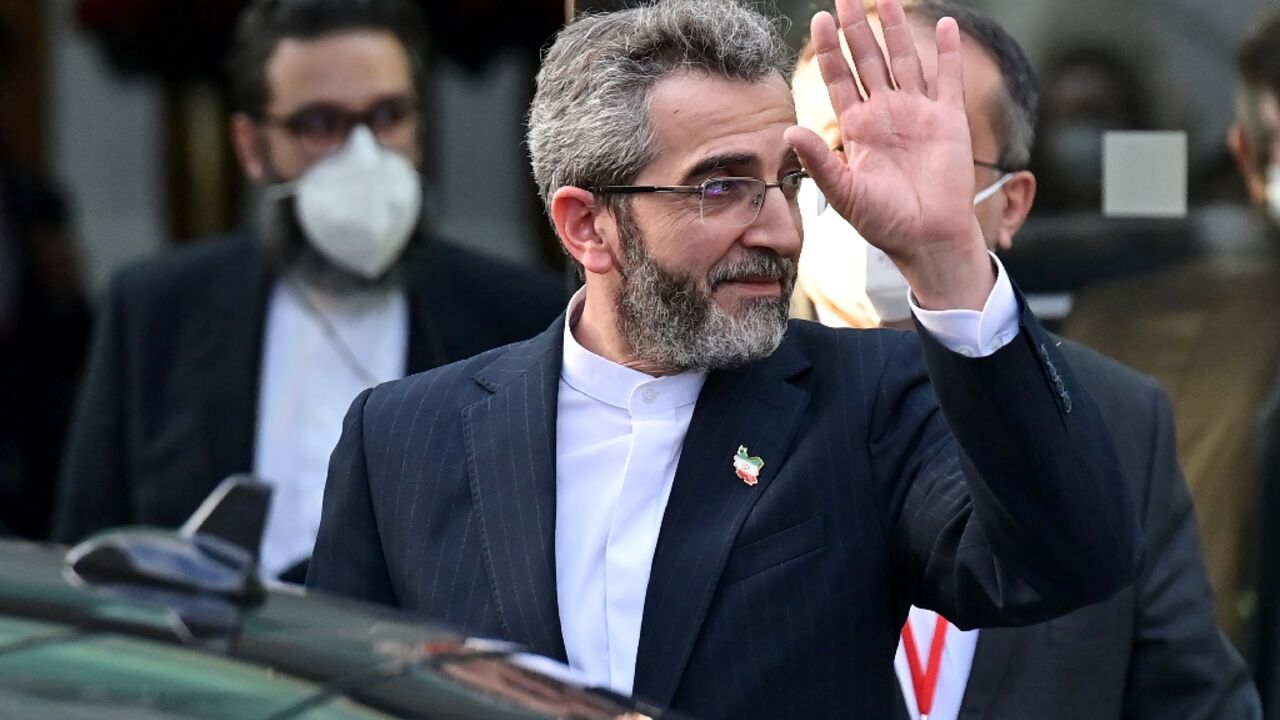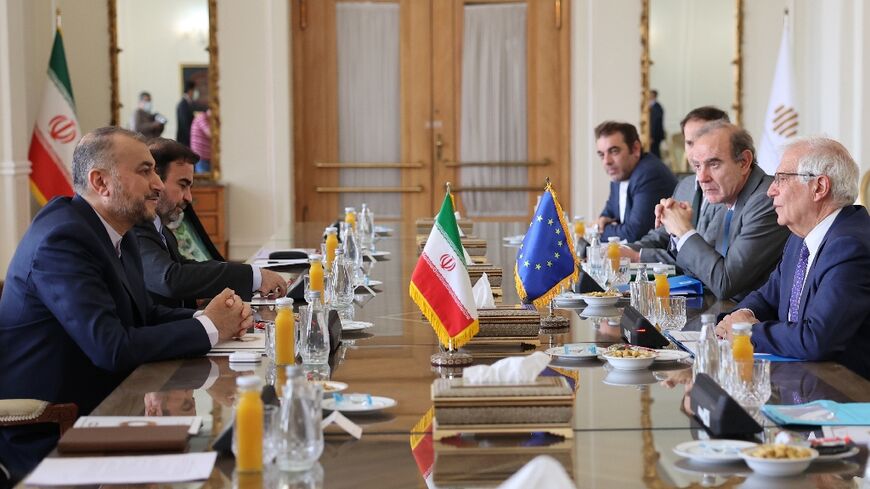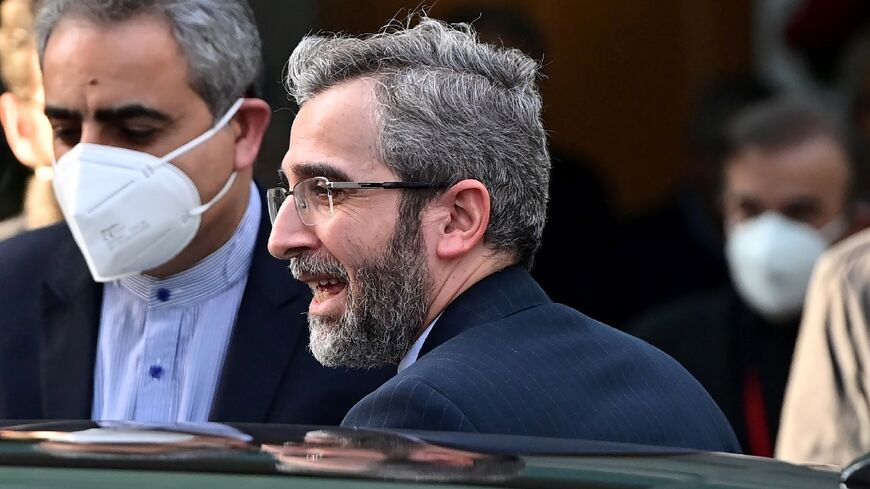Iran's chief nuclear negotiator returns Sunday to Vienna

Iran's chief negotiator will fly back to Vienna on Sunday evening following consultations in Tehran, state media said, as talks to revive the 2015 nuclear deal reached a critical stage.
Ali Bagheri "will return to Vienna this evening with clear instructions to pursue the negotiations with the aim of solving problems in order to reach an agreement", IRNA news agency reported.
The talks to restore the agreement, known formally as the Joint Comprehensive Plan of Action, involve Iran as well as Britain, China, France, Germany and Russia directly, and the United States indirectly.
Bagheri left Vienna on Wednesday night, but negotiations have continued on the level of experts.
Remaining parties to the deal, excluding Iran, met Sunday with the US delegation in Vienna, Russia's envoy Mikhail Ulyanov said.
"We are waiting for the return of the Iranian chief negotiator... to finalise the agreement on restoration of JCPOA," Ulyanov tweeted.
In recent days, all sides have signalled progress in the talks, saying they have reached a critical stage.
"We usually have to be realistic in our conversations, rather than optimistic or pessimistic," Iranian Foreign Ministry spokesman Saeed Khatibzadeh told state TV on Sunday.
"Vienna negotiations have reached the point of serious political decisions by the United States and Western parties."
- 'Seriously reviewing' -
The 2015 deal gave Iran sanctions relief in exchange for curbs on its nuclear programme, but the US unilaterally withdrew from it in 2018 under then-president Donald Trump and reimposed heavy economic sanctions.
That prompted Iran to begin rolling back on its own commitments.
Tehran has also restricted some inspections by the International Atomic Energy Agency, the UN's nuclear watchdog.
The IAEA indicated in November that no progress has been made in resolving several questions it had regarding the previous presence of nuclear material at undeclared sites in the Islamic republic.
From Iran's point of view, this file "must be closed", Khatibzadeh told state TV.
"We answered questions or political claims raised by the IAEA about some of our country's actions in the past... no one should keep the channel open for political pressures in the future," he said.
The Vienna talks seek to return the US to the agreement, notably through the lifting of sanctions, and to restore Iran's compliance with its own commitments.
Tehran says it wants to verify the removal of sanctions and get guarantees that the US will not repeat its withdrawal from the agreement.
On Saturday, Iranian Foreign Minister Hossein Amir-Abdollahian said Tehran was studying a rough draft to revive the nuclear deal.
Iran is "seriously reviewing (the) draft of the agreement," Amir-Abdollahian said, adding he had spoken by phone with EU foreign policy chief Josep Borrel, who is coordinating the Vienna talks.
"Our red lines are made clear to western parties," the Iranian foreign minister said, adding that Tehran is "ready to immediately conclude a good deal, should they show real will".




